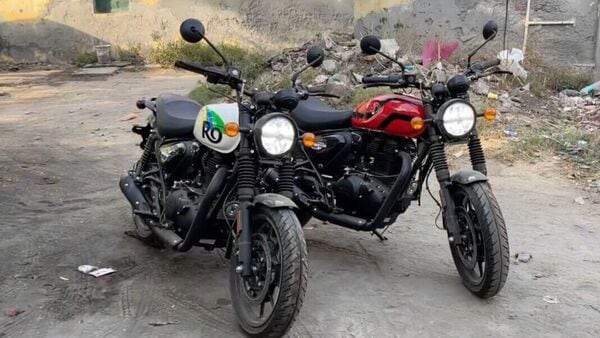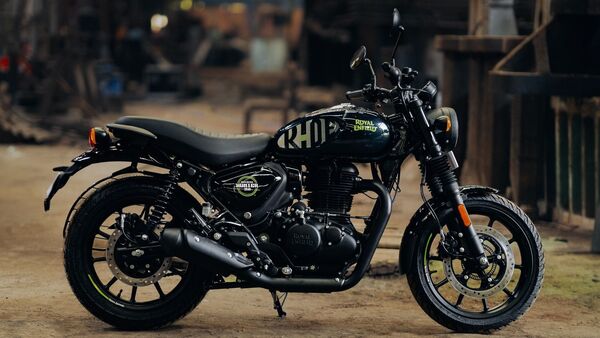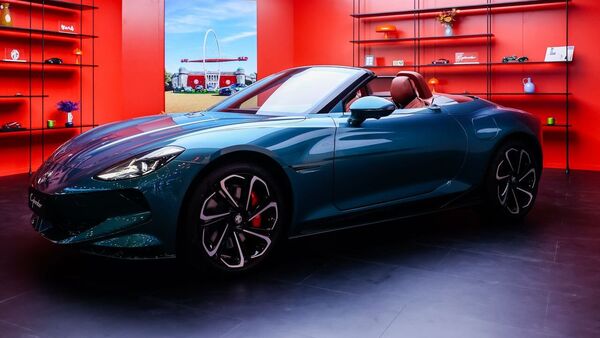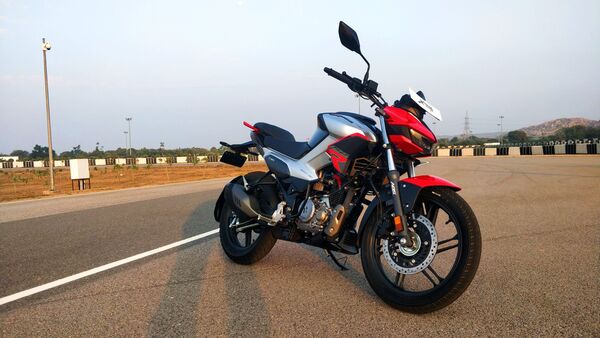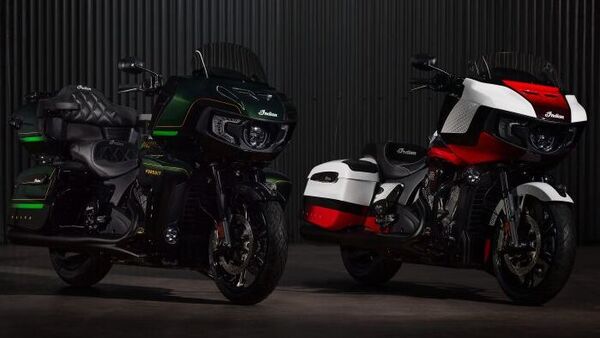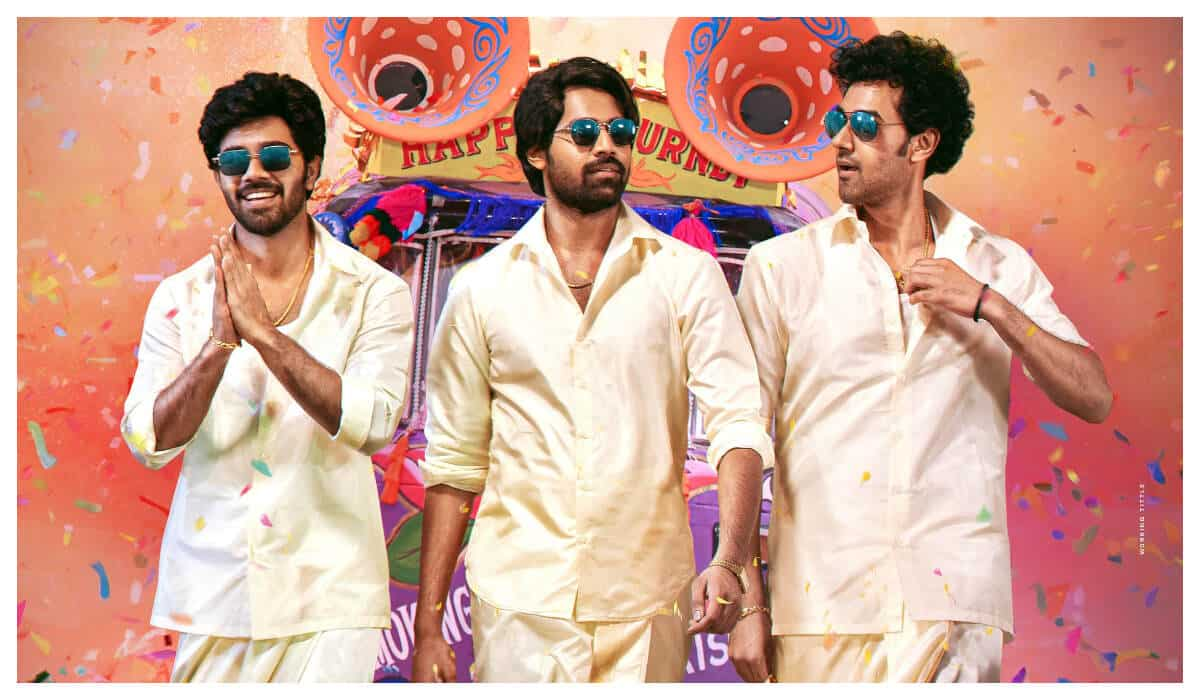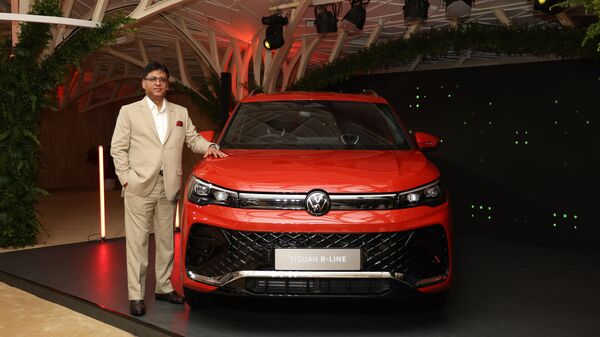
Volkswagen India Bets on Brand Over Budget, Says Ashish Gupta
9 days ago | 5 Views
Volkswagen India's Brand Director, Ashish Gupta, has clearly articulated the company's ambition to establish itself as a premium car manufacturer within the nation. During an interview held at the launch of the Tiguan R-Line, Gupta elaborated on the brand's future strategy. "Our approach has consistently been to elevate the Volkswagen brand to a more premium status, as we lack a cost advantage but possess a significant brand advantage. The key question for our business is whether we are effectively leveraging our competitive strengths."
The Tiguan R-Line, introduced at an initial price of ₹48.9 lakh, currently stands as the most premium offering in Volkswagen's lineup, imported as a Completely Built Unit (CBU) in limited quantities. This launch represents the first new product for the brand, which continues to rely heavily on the Virtus sedan and the Taigun compact SUV. Despite a contraction in the C-segment premium sedan market, Volkswagen maintains its leadership position, with the Virtus being the sole sedan to experience growth, in contrast to competitors such as the recently discontinued Ciaz, the once-popular Honda City, and the Hyundai Verna, all of which have faced significant sales declines in 2024. Last year, Ciaz sales plummeted from 19,344 units to 11,364, while Honda City sales dropped from 13,122 to 7,117 units during the same timeframe.
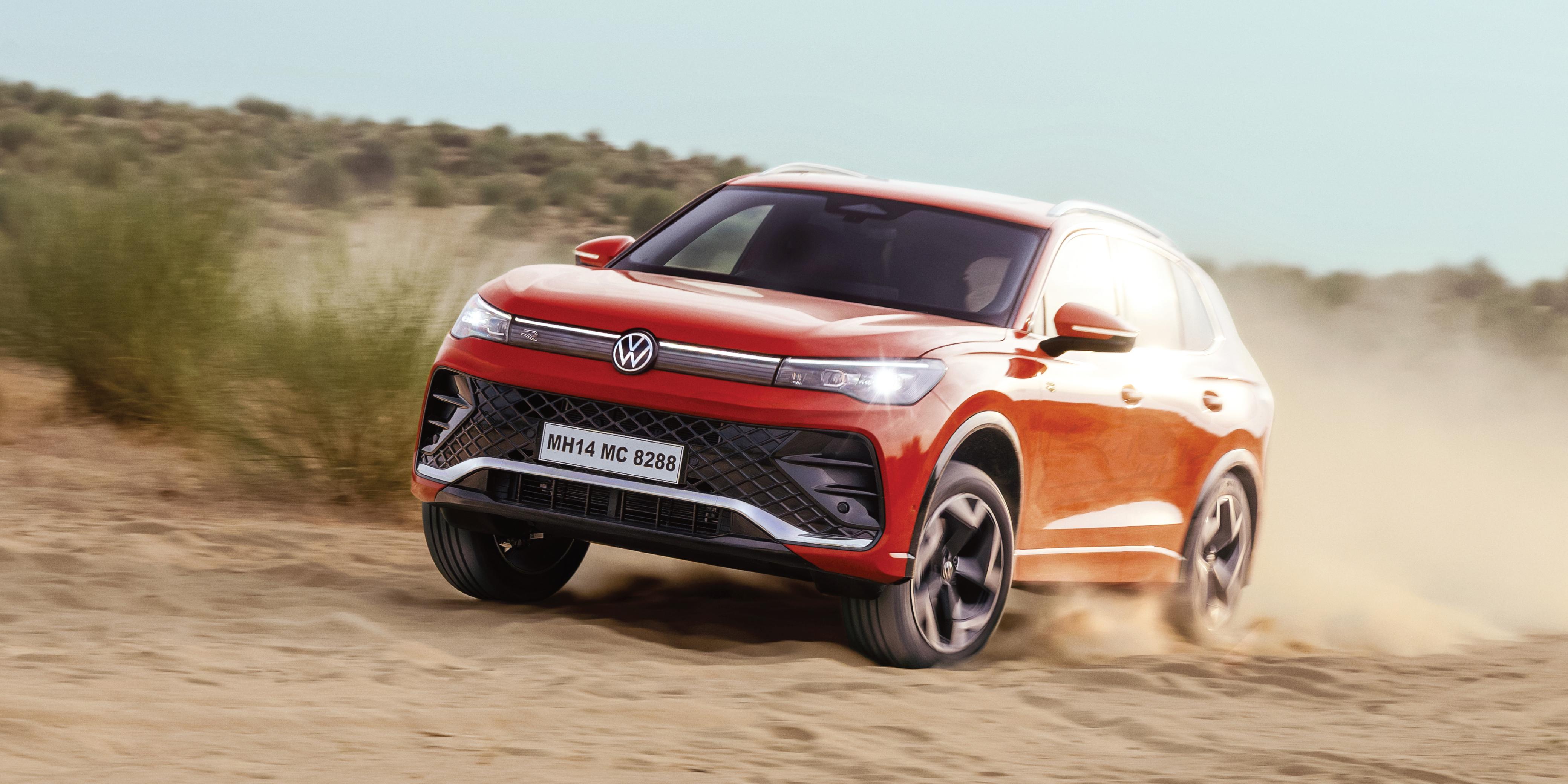
On Volkswagen India’s EV Plans
In response to inquiries regarding the speculation about BYD establishing a manufacturing facility in India and the potential reduction of duties for Tesla, Gupta remarked, “If the market is becoming more accessible, all players will consider the same opportunities, which are available to everyone. Those with a competitive edge in this sector should pursue it.”
Gupta further noted, “Volkswagen’s extensive global range of electric vehicles is at our disposal, and we have successfully increased our electric vehicle market share worldwide. However, our entry into India will depend on the regulatory framework we establish. The electric vehicle policy in India, which has been discussed for the past year, has yet to be finalised.” He stressed that Volkswagen’s electric vehicle strategy is not solely reliant on the reduction of tariffs for completely built units (CBUs). “The electric vehicle policy encompasses various aspects, including supply chain and localisation considerations. While any policy that reduces tariffs is appreciated, I can only provide a definitive response once the electric vehicle policy is released.”
Looking ahead, Gupta indicated that Volkswagen India’s strategy will not be exclusively focused on electric vehicles. “Even under the most optimistic projections, the Indian electric vehicle market is expected to represent approximately 20% of the total market by 2030. To be a significant manufacturer, one must operate in both segments—internal combustion engines and electric vehicles.”
Get the latest Bollywood entertainment news, trending celebrity news, latest celebrity news, new movie reviews, latest entertainment news, latest Bollywood news, and Bollywood celebrity fashion & style updates!


